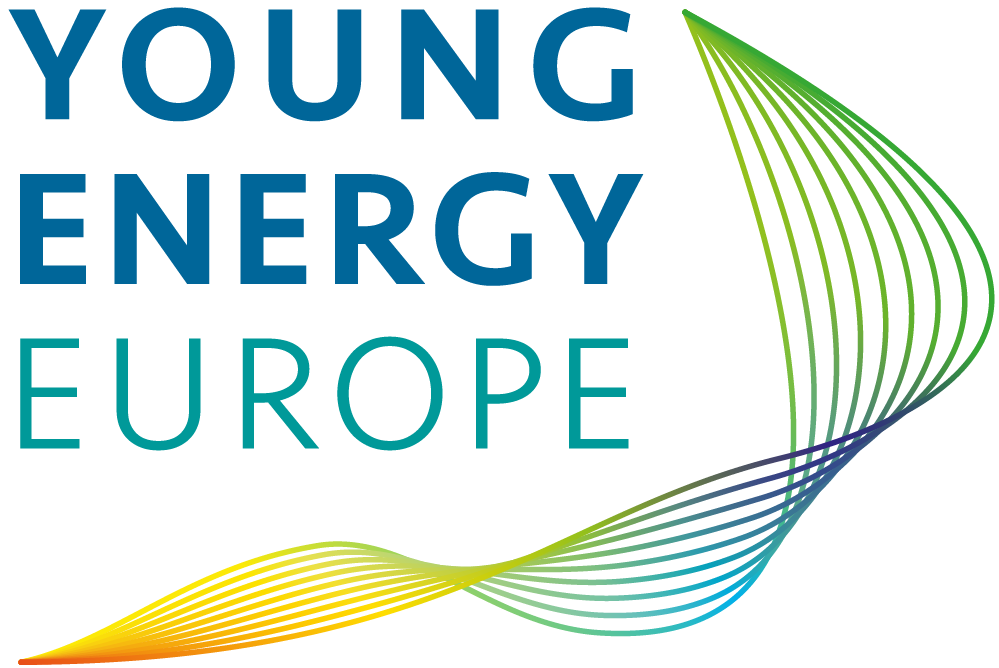The company PROMO eko d.o.o. provides consulting services in the field of occupational health and safety, fire safety and environmental protection (EHS) and is also an accredited certification body for organic farming. PROMO EKO is based in Osijek, in the north-east of the country.
All four employees, Nataša Uranjek, Marko Teni, Andrea Galić and Maja Prskalo, took part in the Energy Scouts training. As the company does not have a production facility, but an office instead, the team decided to focus on the topic of sustainable mobility.
The team’s practical project determines the concrete savings potential for switching to sustainable mobility on the way to work. Commuting by car is replaced by public transport, bicycles or even walking.
First, the initial situation was analyzed – the four employees’ journeys to work and their average fuel and energy consumption. Three employees use diesel-powered vehicles and one employee has a hybrid vehicle (electric/petrol). The energy density of diesel is 9.6 kilowatt hours per liter, while that of petrol is around 8.5 kilowatt hours per liter.
Employee 1 covers a distance of 2 km, whereby the energy consumption of the car is 280 kWh per year and the associated CO2 emissions are 74.69 kg. Employee 2 drives a distance of 14.4 km by car with an energy consumption of 2,016 kWh and CO2 emissions of 537.78 kg per year. Employee 3 covers a distance of 2.8 km with an energy consumption of 392 kWh and CO2 emissions of 104.57 kg per year. Employee 4 covers a distance of 5.4 km, consuming 756 kWh of energy and emitting 201.67 kg of CO2 per year. The CO2 emissions for all employees’ journeys to work in 2023 therefore amount to 918.71 kg.
After the transition, the following changes were realized: Employee 1 switched from car to bicycle and walking, reducing total energy consumption to 78.2 kWh per year and CO2 emissions to 20.86 kg per year. Employee 2 switched from car to public transport and bicycle, reducing total energy consumption to 269.28 kWh per year and CO2 emissions to 71.83 kg per year. Employee 3 also switches to cycling and walking, which reduces total energy consumption to 67.34 kWh per year and CO2 emissions to 17.96 kg per year. Employee 4 opts for public transport and cycling, which reduces total energy consumption to 99.98 kWh per year and CO2 emissions to 26.67 kg per year.
The total CO2 emissions after the switch to sustainable mobility are therefore 137.32 kg per year, which means a total reduction of 781.39 kg CO2 per year. The potential cost savings from the switch are based on the previous total costs for car use of around 750.04 euros. By using bicycles and public transport, savings of around 711.45 euros per year can be achieved.
It is more difficult to quantify the added health value. However the entire team agrees that light physical exercise such as cycling or walking gets the circulation going and makes you fit.
Mobility
- Industry sector: consulting / certification
- Energy source: diesel/petrol
- Energy saving potential: 3,344.02 kWh/a
- Savings potential CO2: 0.78 tons CO2/a
- Potential cost reduction: 711.45 €
- Investment costs: 0 €
- Payback period: 0
- Company:
PROMO EKO d.o.o.
Dobriše Cesarića 34
31000 Osijek
Kroatien
www.promo-eko.hr

